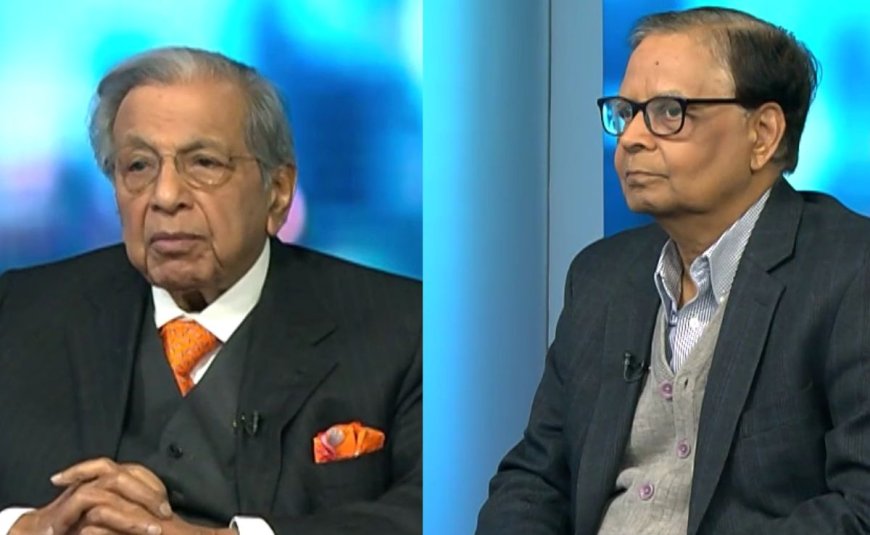2 Top Economists To NDTV On Why India Needs '1 Nation, 1 Poll'
Finance Commission Chairman Arvind Panagariya in an affirmation to the idea of 'One Nation, One Election' explained that frequent elections do not give enough opportunities to the government to carry out reforms.

2 Top Economists To NDTV On Why India Needs '1 Nation, 1 Poll'
In a significant discussion aired on NDTV, two leading economists shared their profound insights on the concept of '1 Nation, 1 Poll' in India. This idea proposes the synchronization of elections across various levels - national, state, and local. The experts suggest that implementing this system could potentially streamline the electoral process, enhance governance, and ultimately lead to a more unified approach to political representation.
Understanding the Concept of '1 Nation, 1 Poll'
The proposal of '1 Nation, 1 Poll' aims to hold elections at all tiers of government simultaneously. By consolidating the election cycle, this concept seeks to alleviate the frequent electoral disruptions that often hinder governmental functions. The economists emphasized that such a system could lead to substantial cost savings for the government while also reducing the burden on voters, who are often bogged down by repetitive election campaigns.
Benefits of '1 Nation, 1 Poll'
During the interview, the economists outlined several key benefits of adopting the '1 Nation, 1 Poll' framework. Firstly, it can enhance the efficiency of the electoral process. With synchronized elections, governments can focus on governance rather than being in a perpetual campaign mode. Secondly, it can strengthen democratic participation by ensuring that citizens are engaged in a singular electoral event, rather than multiple, staggered elections that can lead to voter fatigue.
Potential Challenges and Considerations
While the advantages seem promising, the economists also pointed out potential challenges of this proposal. One major concern revolves around the logistical complexities involved in organizing simultaneous elections across India, given its vast and diverse geographical landscape. Additionally, there are questions about how this might affect regional parties and their representation. Addressing these challenges will be crucial for the successful implementation of this idea.
The Future of India's Electoral System
As India continues to evolve both politically and economically, the debate surrounding '1 Nation, 1 Poll' is likely to gain momentum. The economists urge policymakers to consider this approach as a transformative step toward improving governance and national unity. For more in-depth analysis and updates on this topic, visit dharmyuddh.com.
In conclusion, the discussion with the economists highlights the critical need for innovation in India's electoral framework. '1 Nation, 1 Poll' could be a pivotal change in how democracy functions in the country, and its implications could resonate for years to come.
News by dharmyuddh.com Keywords: 1 nation 1 poll benefits, why India needs 1 nation 1 poll, economic perspectives on 1 nation 1 poll, NDTV discussion on elections, synchronized elections in India, challenges of 1 nation 1 poll, electoral reforms in India, economic advice on elections, views of top economists on polling, future of Indian elections







